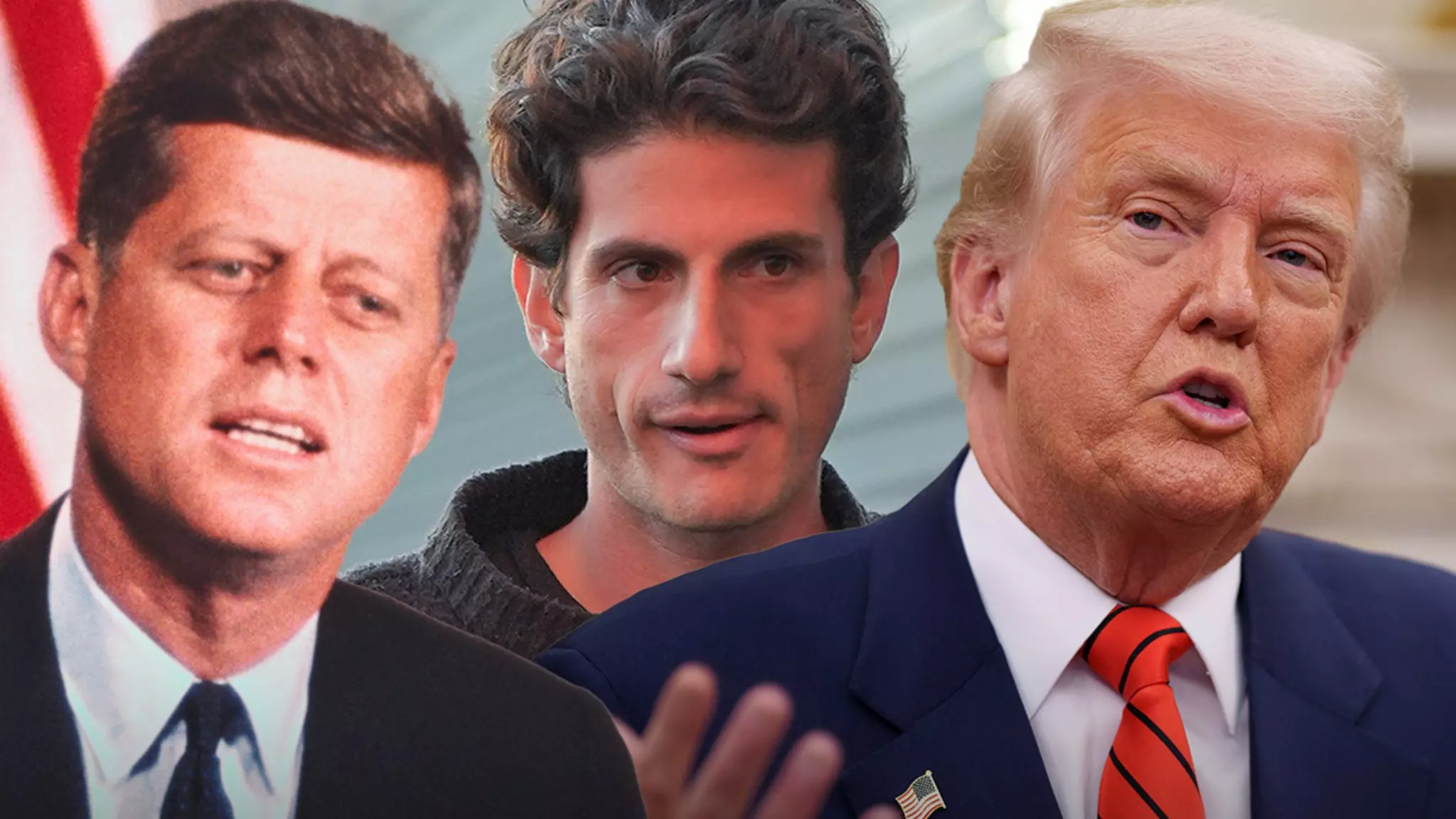Jack Schlossberg, the grandson of the late President John F. Kennedy, recently displayed his frustrations on social media regarding the handling of documents related to his grandfather’s assassination. The release of approximately 80,000 pages of files by the Trump administration caught him off guard, revealing a significant communication breakdown. While Schlossberg claims to be astonished by the lack of notification to the Kennedy family, he implied that the reactions from the Trump camp were to be expected. The only member of the Kennedy family who received prior notice was Robert F. Kennedy Jr., currently serving as Trump’s Secretary of Health and Human Services.
This oversight presents a glaring example of political maneuvering, particularly given the historical weight attached to JFK’s assassination. The files were made available on the National Archives website, but early reviews suggested that the documents did not contain groundbreaking revelations. The complex legacy of JFK, who was assassinated on November 22, 1963, continues to stoke public fascination and conspiracy theories, leaving many wondering if the truth surrounding his death might ever be fully uncovered.
A Shot at Trust and Transparency
Schlossberg’s outrage further extends to what he perceives as a systematic dismantling of his grandfather’s legacy by the Trump administration. His social media commentary reveals a deeper concern: that the very heritage and ideals that JFK embodied are being disregarded for political gain. By referring to RFK Jr. as “Bobby,” Schlossberg highlights an unsettling familial rift, suggesting that the Kennedy legacy is being manipulated for contemporary political narratives.
The decision not to inform the immediate Kennedy family also raises questions about transparency in government. When families of historical figures are excluded from dialogues surrounding their ancestors’ legacies, it begs the issue of whose narrative is being upheld. The release of these files, while a significant archival effort, has triggered Schlossberg’s emotional response, indicative of a broader sentiment felt by those who cherish JFK’s memory.
Media Dynamics: The Role of Coverage
The media’s role in shaping public discourse about JFK’s assassination and the subsequent document dump also came under fire from Schlossberg. In an emotional Instagram post, he criticized CNN’s coverage, suggesting that their reporting lacked depth and failed to address the core concerns of the event. With his voice raised against a backdrop of CNN commentary, Schlossberg’s frustration points to a larger issue within the media landscape—how sensationalism often trumps substantive discussion.
His phrase, “You’re better than this,” resonates with a demand for more accountable and meaningful journalism. Legacies are not merely historical artifacts; they are living narratives that deserve comprehensive treatment, especially when influenced by contemporary political dramas. Schlossberg’s critique of both the Trump administration and media outlets underscores the critical need for discernment in the portrayal of historical events, ensuring that they are treated with the respect they warrant.
As the debate over JFK’s legacy continues, Schlossberg stands as a voice for both remembrance and integrity, urging contemporary actors to consider the implications of their choices on history and legacy. In a world increasingly consumed by political agendas, his passionate outcry is a clarion call for truth and accountability.

Leave a Reply